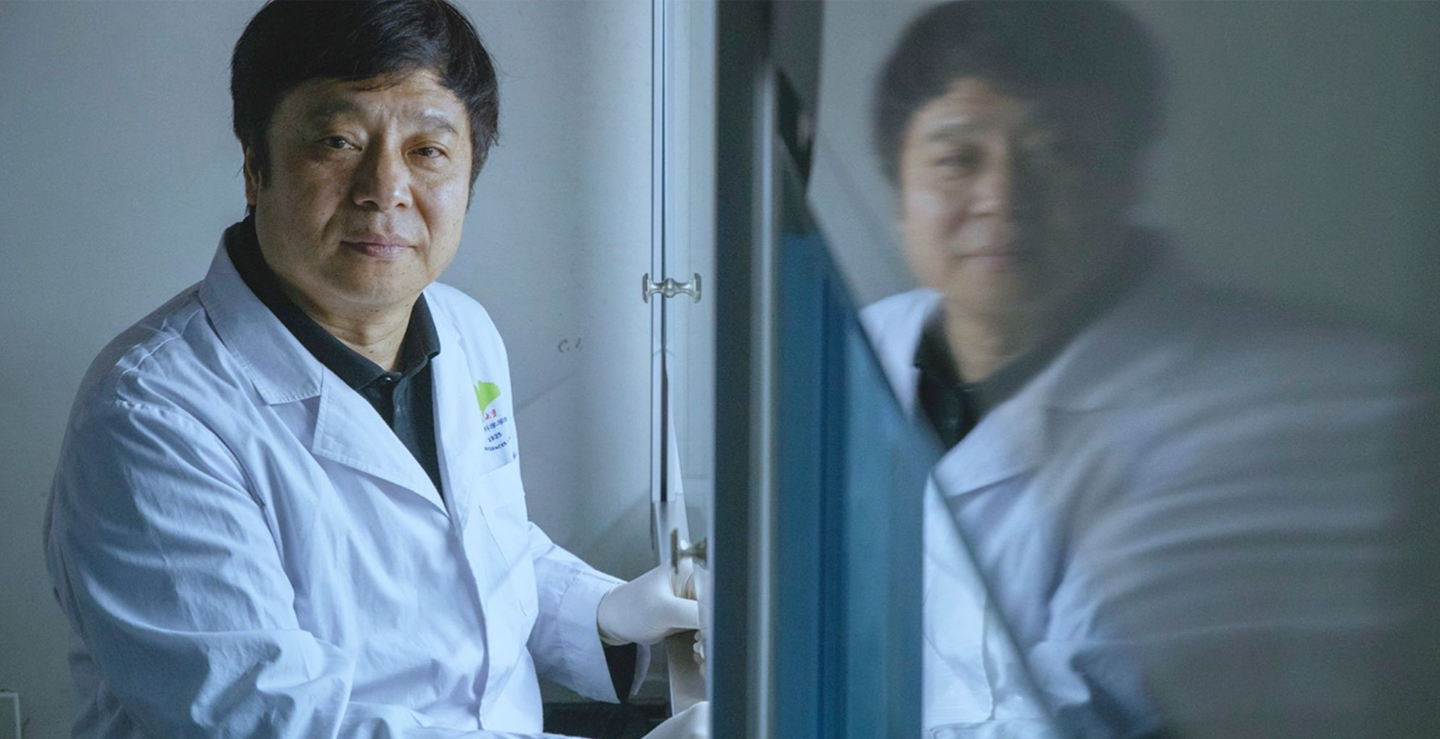Peking University, April 19, 2022: On April 13, 2022, the research team led by Deng Hongkui at Peking University published a ground-breaking research paper titled "Chemical reprogramming of human somatic cells to pluripotent stem cells" in Nature.
Pluripotent stem cells are known as "seed cells" for their unlimited proliferative capability and their potential to differentiate into all types of functional cells of an organism. However, they only exist briefly in the early stages of embryogenesis before differentiating into various types of somatic cells. Hence, how to revert specialized cells to an earlier developmental stage with high cell potency is an important area of study for stem cells and regenerative medicine.

In this study conducted by Deng Hongkui and his team, it is the first time that chemical reprogramming was successfully used to revert human somatic cells to pluripotent stem cells. The technology opens up new possibilities for the cultivation of human pluripotent stem cells and has the potential to be used clinically in the future to treat major diseases such as diabetes, severe liver disease, and malignant tumors.
Written by: Zhou Zixuan
Edited by: Shi Xinyao, Hu Rong
Photo credited to: Gilles Sabrié for Nature
Source: PKU News (Chinese)
